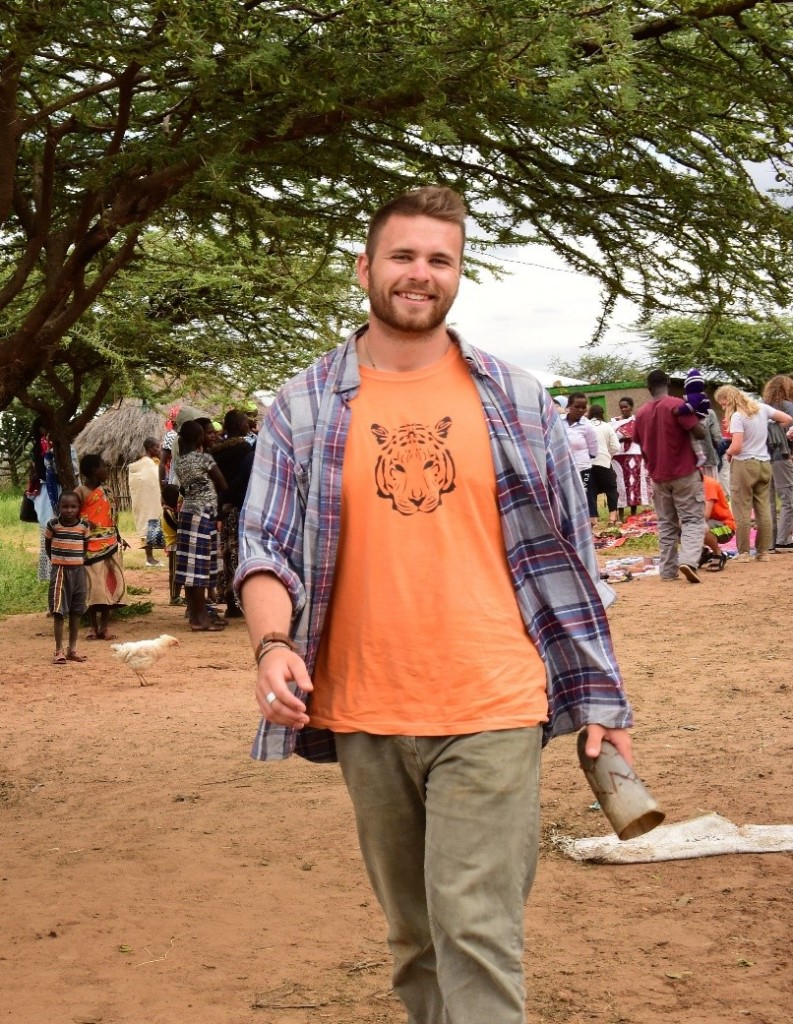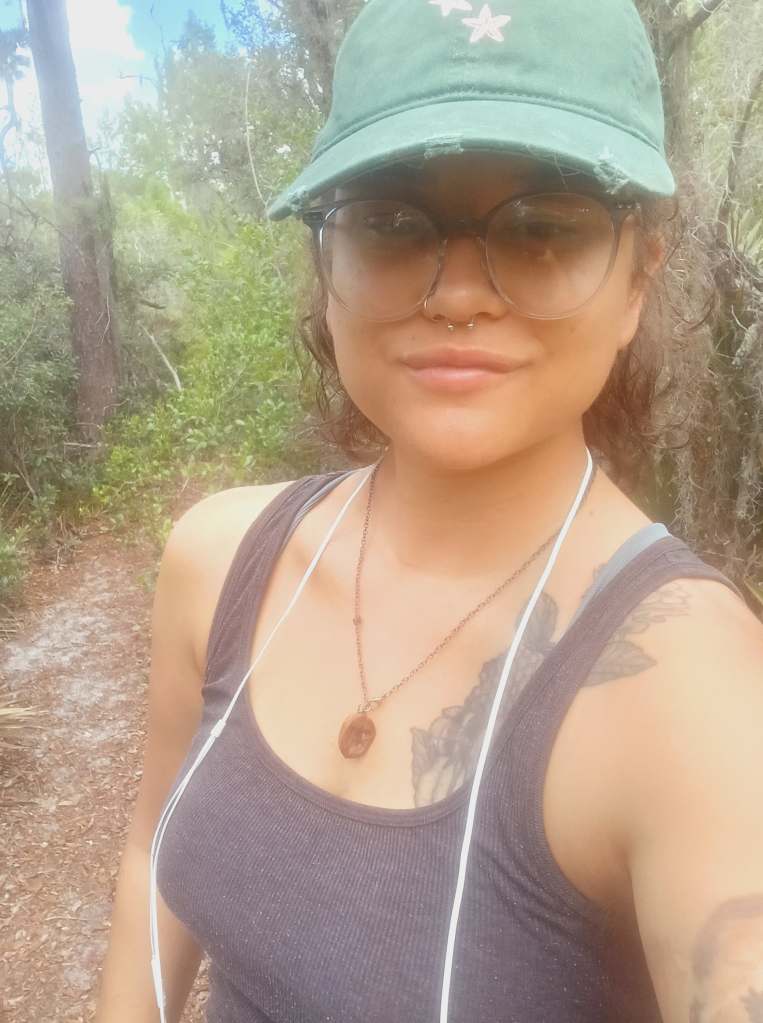In 2018, Archbold’s own Dr. Mark Deyrup, Emeritus Entomologist, and his wife Nancy Deyrup, retired Archbold Environmental Education Director, helped to endow Archbold’s Visiting Scholar Award that provides early career scientists, graduate students or postdoctoral fellows, with financial support to conduct field research at Archbold. Because of a hiatus due to Covid restrictions in 2021, this year we presented three emerging scientists from very diverse fields of science, with these awards.

Dr. Charles van Rees is a post-doc at University of Georgia working in aquatic ecology and conservation biology. Charles was an intern in the Avian Ecology program in 2011 and is returning to study if “insects from aquatic food chains, which are known to be nutritionally superior to terrestrial insects, provide a nutritional subsidy to Florida Scrub-Jays”. Charles also noted that “This concept raises the intriguing notion that disruption of aquatic ecosystems at large scales, for example groundwater depletion for irrigation or the disruption of river flows by dams, might disrupt important subsidies and have population-level impacts on songbirds, which have shown substantial declines in recent decades.” Charles is constructing hydrological models using machine learning tools that can predict water levels in our seasonal ponds across years and seasons. He is also using stable isotopes to detect the different isotopic signatures of aquatic and terrestrial foods in scrub-jay nestlings and compare with their subsequent growth and survival rates.

Dan Petticord is a PhD student at Cornell University where he studies biogeochemistry in agricultural systems. In a collaborative project between Archbold, Cornell University, and University of Florida, scientists are seeking to reduce high soil Phosphorus (P) loads, which would eventually “leak” into the watershed, by growing productive forage crops, such as Bahia grass. Dan’s work is conducted in the Agroecology Program at Archbold’s Buck Island Ranch. Dan said, “Fungal associates, called mycorrhizae, are known to affect the way a plant uses soil P, some can increase or decrease P loss, with implications for downstream water quality.” Dan’s work will attempt to figure out how plant-fungal associations impact soil P loss at Buck Island Ranch by assessing how these associations change both across species and within species along a nutrient gradient. As Dan says, “We are trying to find ‘the best plant for the job’ based on its surrounding soil environment.”

Karma Thomas is a Master’s student at Syracuse University studying the ecology and evolution of insects and their interactions with plants. Moths, in particular, are declining globally, yet their roles as pollinators are understudied. She has been working with Archbold’s Plant Ecology Program to understand how fire influences these pollinator-plant interactions. Karma observed that “Increasing wildfire frequency has negatively impacted the abundance and species richness of lepidopteran communities worldwide, and I am investigating the influence of time-since-fire on the community structure and floral visitation of nocturnal moths in rosemary scrub habitat. I also aimed to evaluate the role of these moths as pollinators in this threatened plant community. This past June, I captured and identified 1,530 moths which represent at least 30 families, 50 subfamilies, 162 genera, and 276 unique species of which I have so far determined roughly 76% of assessed moths were acting as pollen transporters.” Karma’s research will shed light on nocturnal pollinators, and allow us to better understand their relationship with fire.
